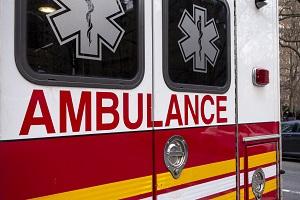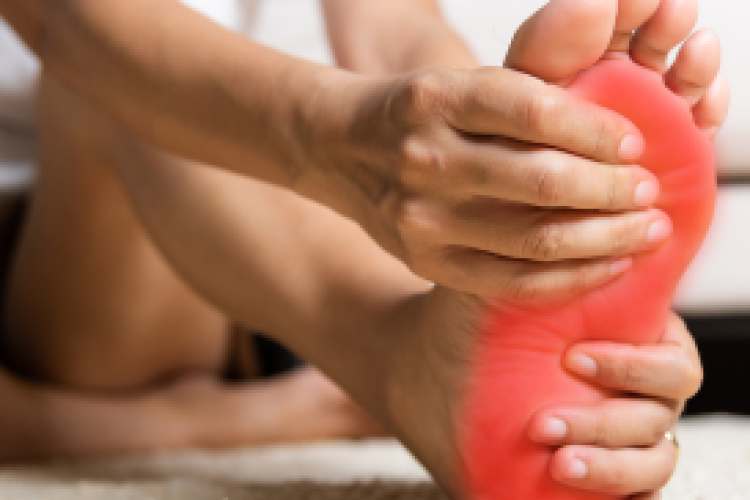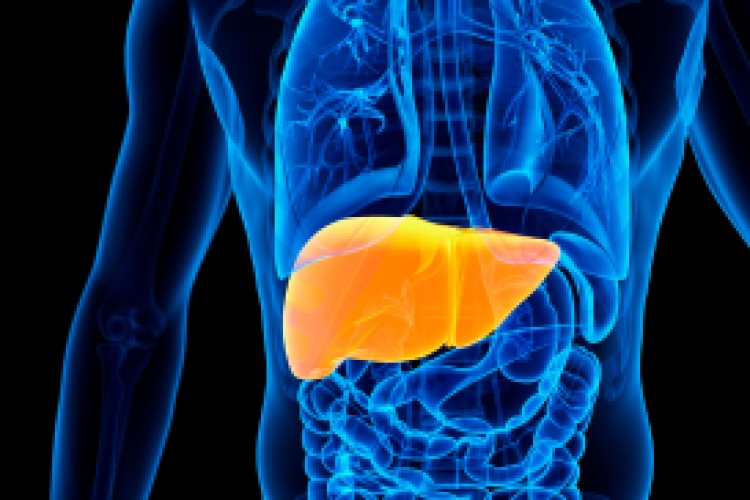
It’s important to know what to do in a medical emergency—it can save a life. One of the first questions to ask is whether the situation you are dealing with is truly an emergency that requires a trip to the emergency department. According to the American College of Emergency Physicians, these are all warning signs of a medical emergency:
- Bleeding that will not stop
- Breathing problems (difficulty breathing, shortness of breath)
- Change in mental status (such as unusual behavior, confusion, difficulty arousing)
- Chest pain
- Choking
- Coughing up or vomiting blood
- Fainting or loss of consciousness
- Feeling of committing suicide or murder
- Head or spine injury
- Severe or persistent vomiting
- Sudden injury due to a motor vehicle accident, burns or smoke inhalation, near drowning, deep or large wound, etc.
- Sudden, severe pain anywhere in the body
- Sudden dizziness, weakness, or change in vision
- Swallowing a poisonous substance
- Upper abdominal pain or pressure
Call your local emergency number (Such as 911) if the person you are helping:
- Is unconscious, gasping for air or not breathing, experiencing an allergic reaction, having chest pain, having uncontrollable bleeding, or any other symptoms that require immediate medical attention
- Could be injured if they are moved (such as if they have been in a motor vehicle accident or have a neck injury)
- Needs the equipment and skills of paramedics
- Call 911 if you are experiencing a medical emergency and are alone. Do not drive yourself to the hospital if you have having severe chest pain or severe bleeding, if you think you might faint or if your vision is impaired.
For certain medical emergencies, such as a heart attack or stroke, taking an ambulance is safer because paramedics can deliver life-saving care on the way to the hospital.
Note: If you are not sure whether the situation is truly an emergency, call 911, and let the dispatcher decide whether you need emergency help. Many 911 centers will be able to tell you what to do until help arrives, such as providing step-by-step instructions to help someone who needs CPR or first aid, or who is choking.
To prepare yourself and your family for an emergency, here are steps to take:
- Know where the closest emergency department is and the fastest way to get there.
- Post emergency phone numbers by the phone, including the fire and police departments, poison control center, your doctors’ phone numbers, and contacts for neighbors or nearby friends or relatives.
- If you have a chronic medical condition, wear a medical ID tag.
- If you are elderly and live alone, get a personal emergency response system.
Click here to view infographic on handling emergencies.



 Upcoming Events
Upcoming Events



